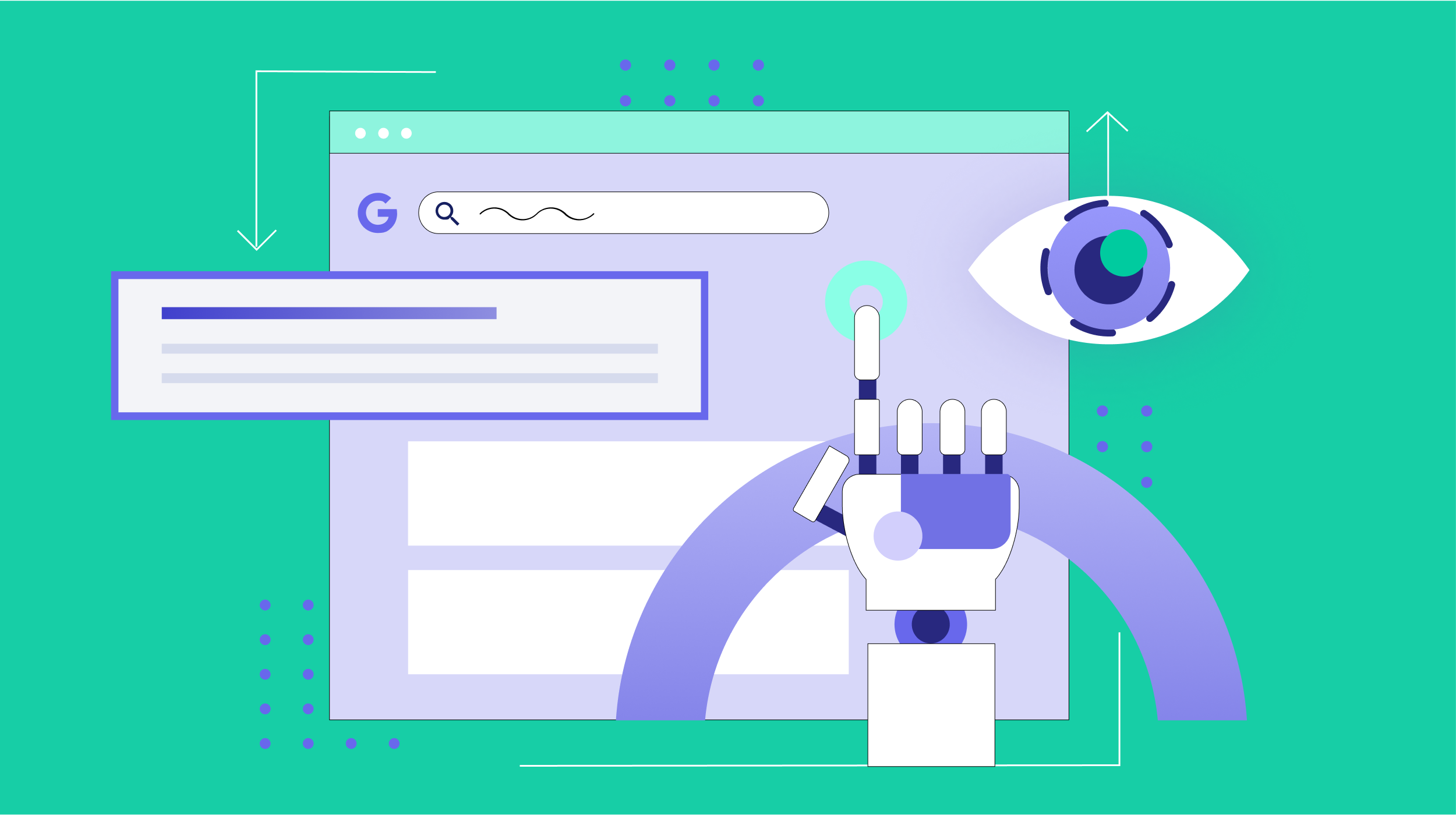Here’s Why CRM For Digital Marketing Helps Boost ROI
Find out how CRM for digital marketing can help to boost your business' ROI The post Here’s Why CRM For Digital Marketing Helps Boost ROI appeared first on DigitalMarketer.


Customer relationship management (CRM) is fundamental in building long-lasting relationships between a business and its clients. With a solid CRM strategy, you can improve your communication with customers and new prospects and increase the chances of repeat custom and loyalty.
Let’s see why a CRM system is advantageous for digital marketing and how it can boost ROI.
What Is CRM for Digital Marketing?
Businesses can use a CRM system to collect valuable customer data. This can then be used when it comes to marketing strategies. It allows you to capture and retain customers. When customers are satisfied with the service you have offered them, not only are they more likely to return, but they’re also more likely to recommend you to a friend.
If a customer is dissatisfied with what you have provided, they may feel they need to warn others not to do business with you.
Other than word-of-mouth, customers may come across your business via a web search. From the moment they visit your website the customer needs to feel welcomed and appreciated, which is where a good CRM system comes in.
If they have a question or problem, they should be able to easily reach a team member for help. A CRM system can also remember customers who are coming back, offering a more personalized approach each time.

Why Use a CRM?
A CRM system can be helpful for a number of reasons to improve your business, namely:
To collect and store customer data to use in the futureTo track sales and analyze which promotions are the most successfulConnecting the sales team with customers in real-timeImproving follow-ups and ensuring customer loyalty is thereTo keep the sales team updated with customer information, potential customer leads, and insights into specific customersSharing files and information between the team so everyone is kept in the loopHow Can CRM for Digital Marketing Help Boost ROI?
Here’s a look at how a CRM system for digital marketing can help boost ROI.
1. Build long-lasting customer relationships
CRM platforms are designed to collect customer data. This then allows you to dive deeper into customer behavior and how they spend their money with you. You can view previous purchases, all communication and track how they interact with your business. This makes it easier to customize future interactions, as you already know about their previous activity.
Some CRM systems can track website visits through social media engagements and email link clicks. Businesses can use this information to look for trends, such as the type of posts that typically get more engagement and website clicks than others. It helps to build a long-lasting relationship with customers as you can see what content they are genuinely interested in seeing.

2. Boost customer service
Improving customer service is one of the many reasons why businesses invest in a good CRM tool. Ultimately, this can increase customer loyalty and improve overall relationships between the business and customers. Good customer service can go a long way. Customers need to feel listened to and respected, and their problems need to be solved swiftly and effectively.
As more and more data is collected, you can also refer back to previous customer interactions and build a rapport with customers who may be returning.
A solid internal communication system can ensure no customer is left behind. Many companies opt for a cloud PBX business phone system that lets them keep in touch throughout the day. This means team members can connect and discuss customers if there are any issues.

Get the Digital Marketing Blueprint…
With a Customer Value Journey that strategically builds a relationship with new prospects and converts them into loyal, repeat customers. Click here
3. It can be used alongside KPIs
Key performance indicators (KPIs) are often used by businesses to measure performance over a period of time. It can go hand-in-hand with your CRM strategy to help you better understand your customers. They must be specific, measurable, actionable, and realistic. You can use your CRM system’s data to measure your KPIs.
A CRM system may also nudge you in other areas and pick different KPIs to track. For instance, if you feel like customer interactions are dipping, you can adjust your KPIs and analyze why this is happening to improve it for next time.
4. Improve customer retention
Customer retention is essential for businesses that want to grow. You need a healthy balance of loyal customers combined with new customers who are just trying your business out for the first time. A CRM system can help to improve your customer satisfaction level as it looks at building long-term relationships. These can then be nurtured over time to keep customers coming back for more.
It’s only natural that when a person receives good service from your business, they are happy to return. Furthermore, satisfied and loyal customers are more likely to refer their friends. You can even see who is sending the referrals with your CRM system.

5. Find new customers more easily
Customer data is powerful, especially when it is from customers who have shown an active interest in what you have to offer. Using CRM tools can help you ascertain what is and isn’t working within your marketing strategy. It allows you to make more informed decisions to change how your customers interact with your business for the better.
With a CRM system, you can track customer information such as demographic, frequent purchases, etc. This means you can create more meaningful targeted adverts when trying to get them to visit your website. If you’re a B2B and they search ‘inventory management software,’ you don’t just want to gain their interest; you want to sustain it.
6. Enhance business performance
A CRM system can improve your ROI, among other digital marketing KPIs, as it enhances business performance and the overall sales process. CRMs can automate emails, customer service responses, and much more, meaning you can nurture customer relationships without much effort.
Your CRM can show you who is interested in what and often includes other add-ons such as lead scoring, upselling, and cross-selling.
Which CRM Features Are Essential for Marketing?
It’s important that you choose the best CRM for your business, as many systems offer different benefits and functions. Here are some key features to bear in mind.
1. Lead tracking
Lead tracking lets you know your customer’s journey from the source. It can help you implement marketing campaigns based on your customer’s preferences. This data can also mean you only send relevant information to your customer, so they’re more likely to interact. The data from lead tracking is vital for capturing attention and converting customers.
2. Customer filtering
Customer filtering is a crucial feature of a CRM system as it comes in handy for multiple reasons. To start, you can segment your customers into groups such as location, lifetime value, last purchase, and more. You can do some exploratory testing to check whether your chosen CRM system is up to the task.
This helps with digital marketing as you can specifically target customers. It can also save money as you aren’t just spending money in unnecessary places, these are customers you know and have built a relationship with.

3. Automated follow-up emails
We all know what it’s like to sign up to a company’s mailing list to access a one-off discount. But as a business, how do you stop those customers from unsubscribing? Great content and consistency are key here.
A good CRM system must be able to help your marketing department by automating a few of those tedious processes, with emailing being one. You can arrange email lists and send follow-up emails quickly and efficiently with a CRM system, this means customers are constantly kept updated on the latest offers.
4. Third-party integration
By connecting your CRM software to other platforms you already use, you can save on time and money. No need to start searching for RingCentral alternatives when it can all be kept in one place. It also means your team doesn’t have to get to grips with a completely new system.
The key is choosing a CRM system that is easy to set up and compatible with your existing tools. Once you’ve found the best one for your business, you can go ahead and install it knowing that it won’t affect your other marketing platforms.
Choosing the Right CRM
Choosing the right CRM is difficult for a business, as many offer the same fundamental function with varying features. Overall, though, it’s important that your CRM works best for your business. That means it easily integrates into your existing tools and your employees find it easy to navigate and use. A good CRM system can help boost your ROI and ultimately contribute to your business’s future successes.

 Troov
Troov 











.jpg)











.jpg?trim=0,0,0,0&width=1200&height=800&crop=1200:800)







